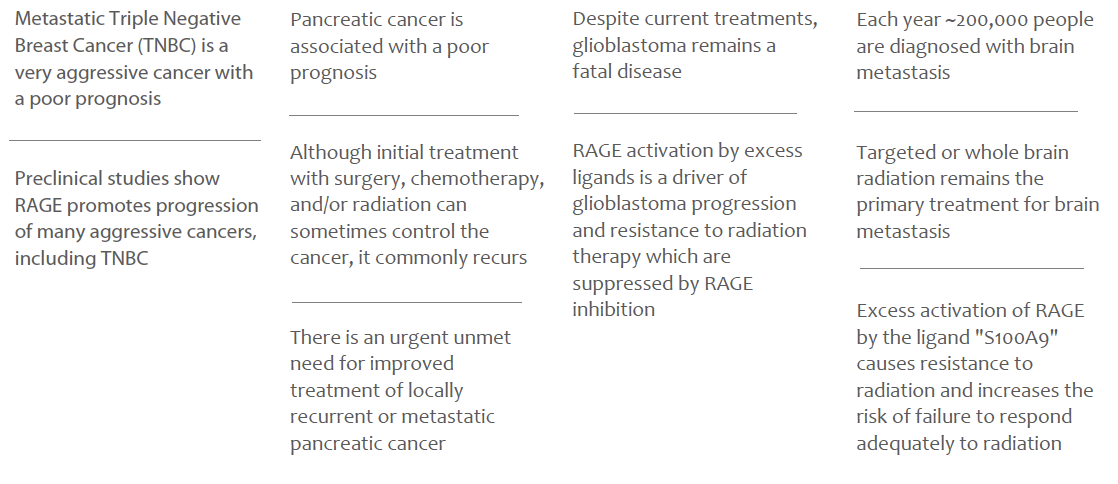
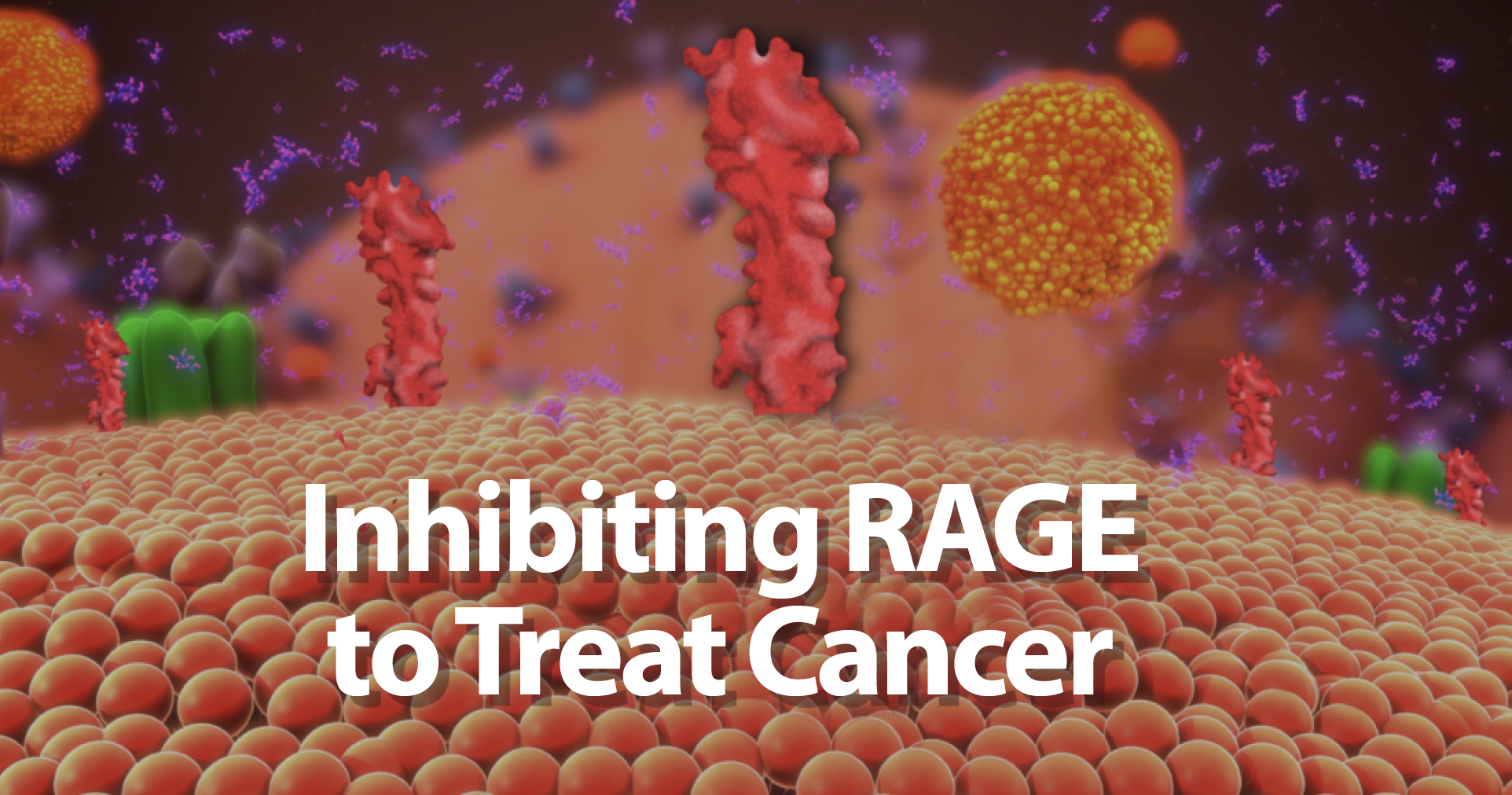
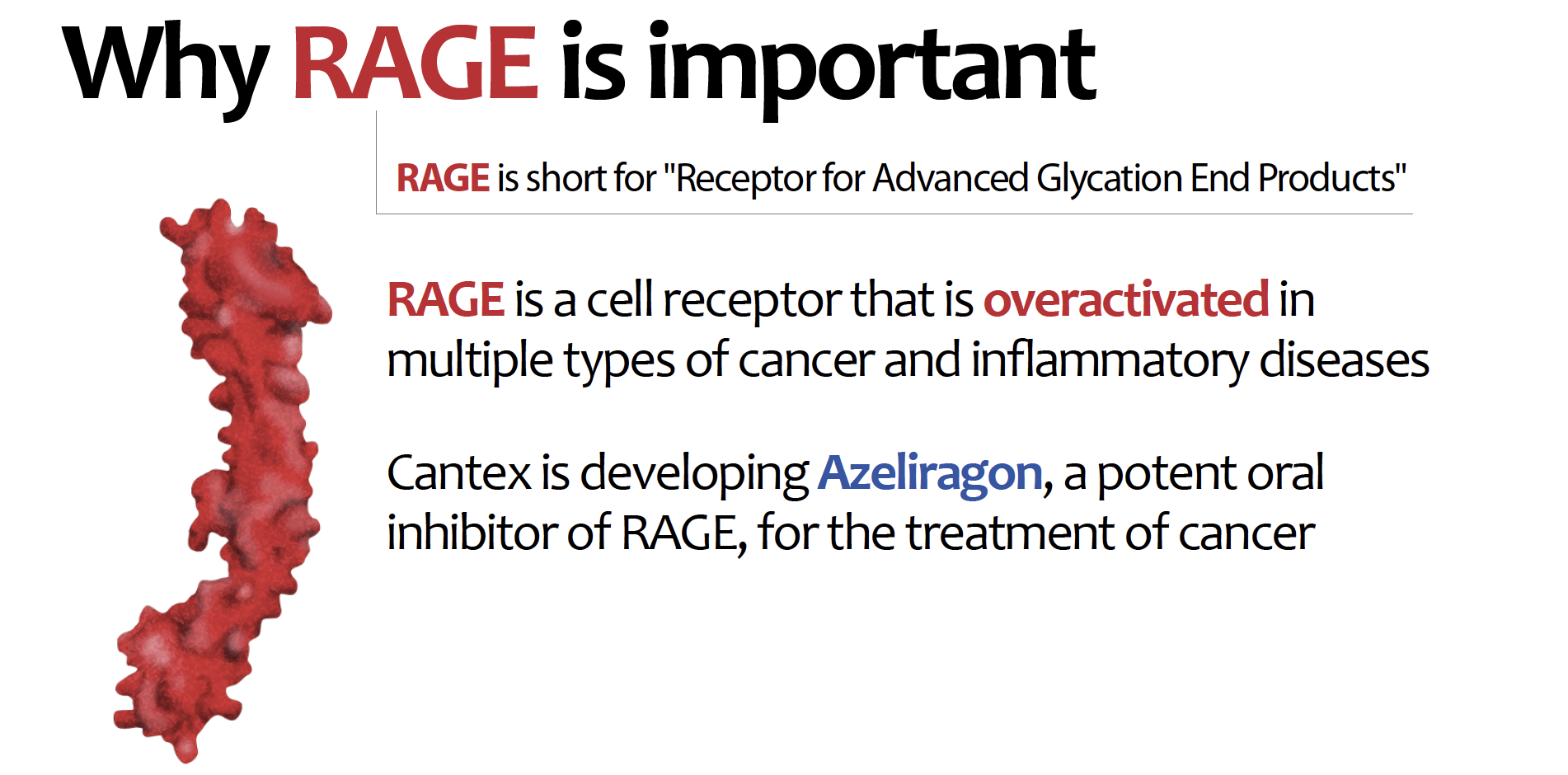
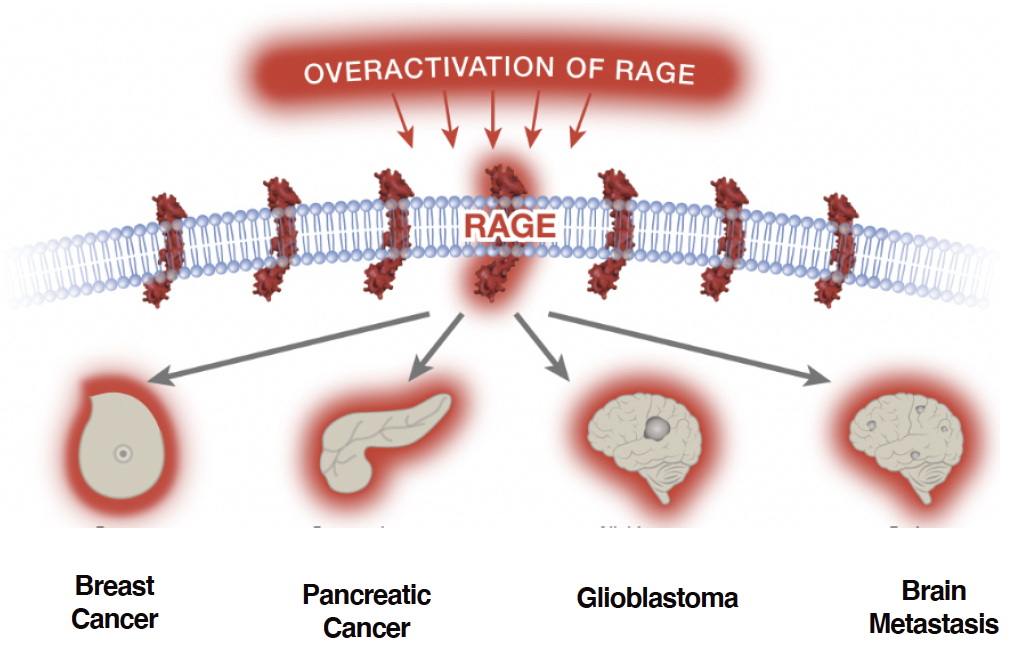



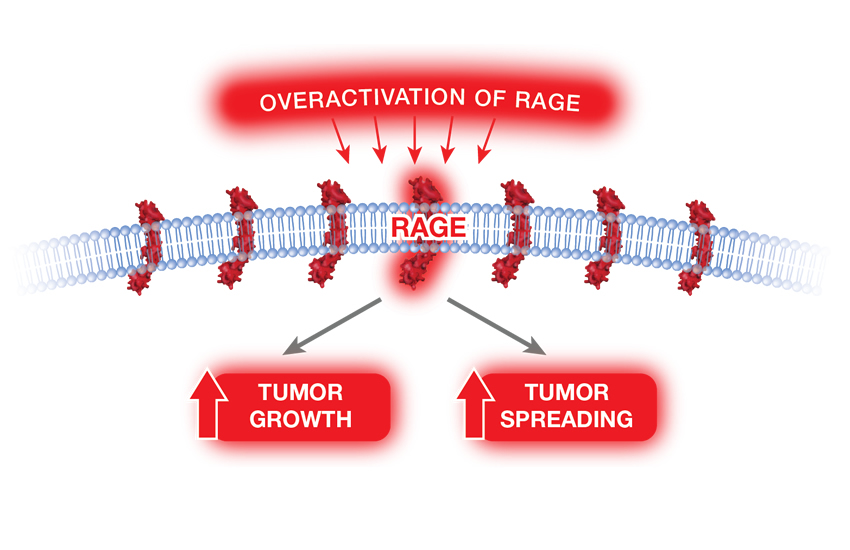
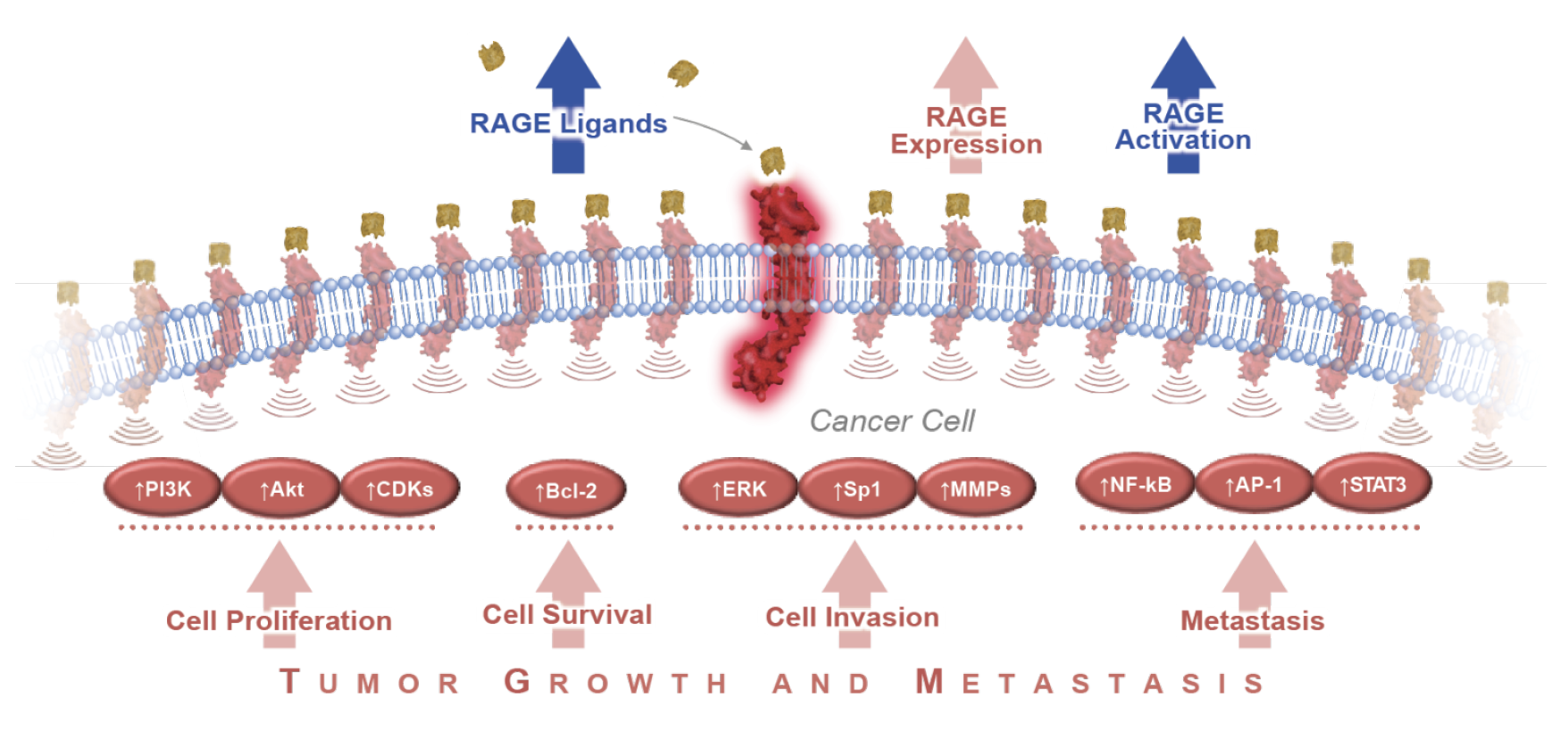

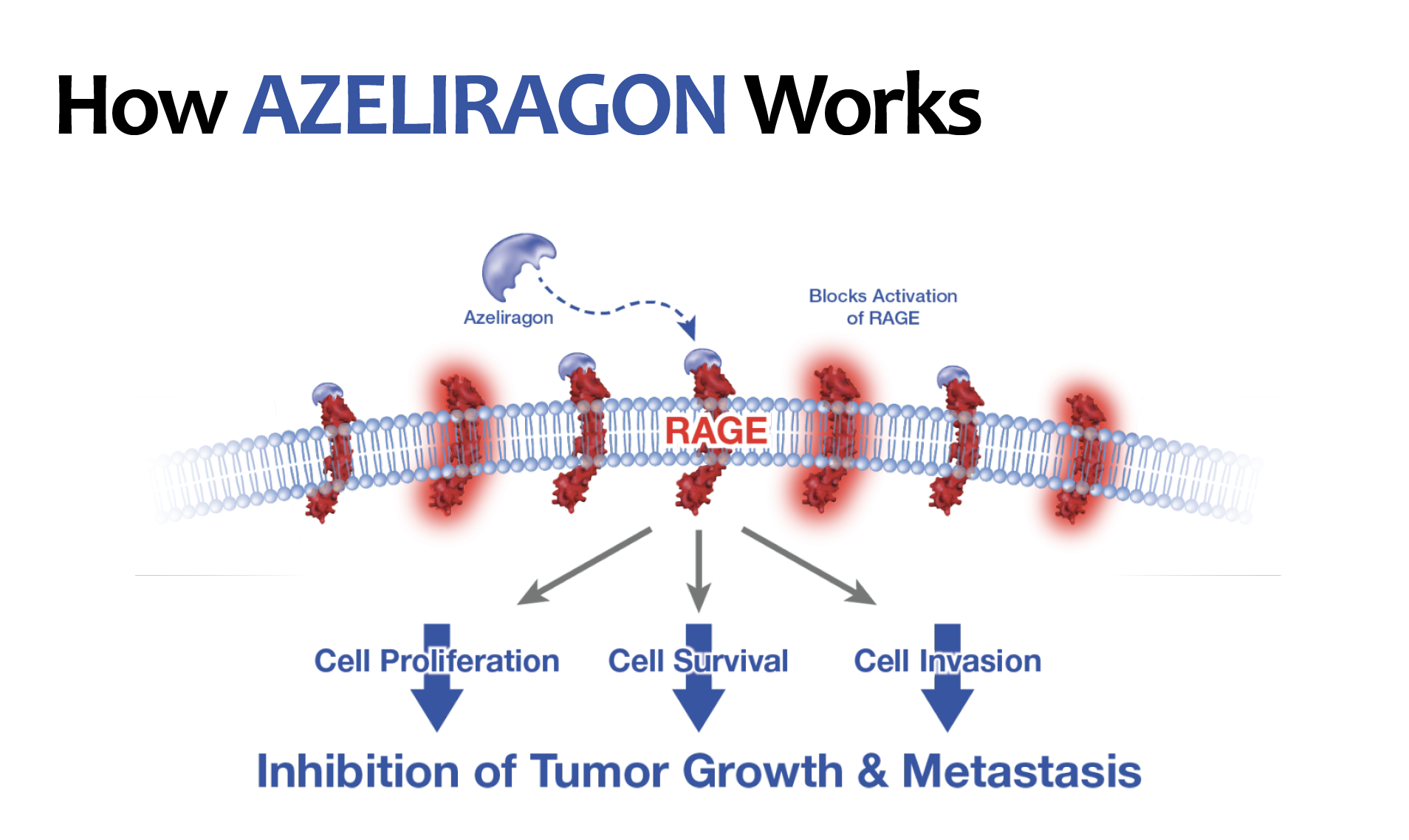

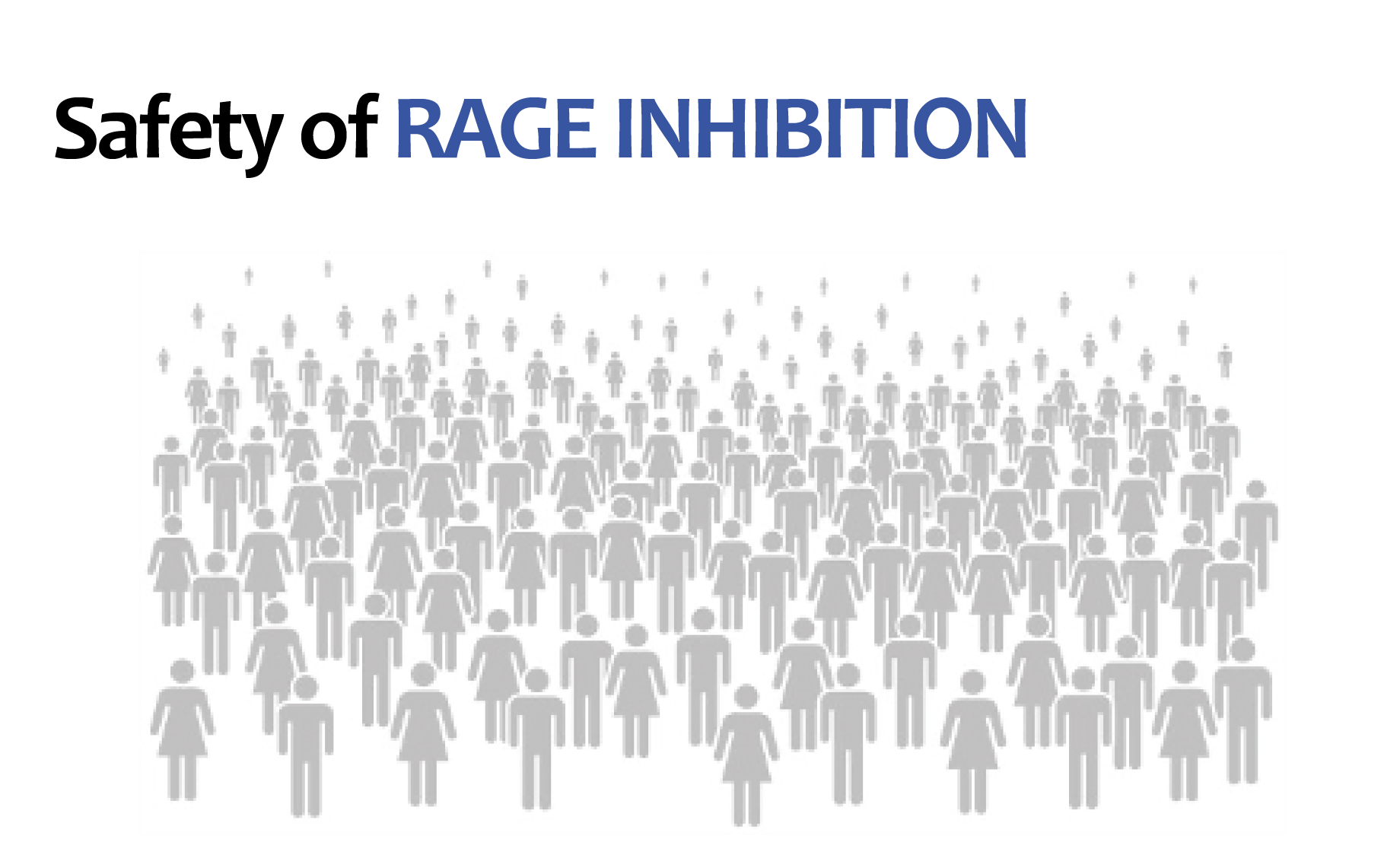
* Primarily in Alzheimer’s disease



Magna M, Hwang GH,McIntosh A, et al. Azeliragon (TTP488), an orally-available small molecule RAGE inhibitor, reduces metastasis in preclinical mouse models of breast cancer. ABSTRACTP4-08-10

Hwang GH. The Role of RAGE Inhibition in Breast Cancer Metastasis. 2022. Dissertation Abstract.
Azeliragon (TTP488) decreased tumor growth and lung metastasis in preclinical models of metastatic breast cancer

Monteiro C, Miarka L, Perea-Garcia M, et al. Stratification of radiosensitive brain metastases based on an actionable S100A9/RAGE resistance mechanism. NatMed. 2022;28:752-765.